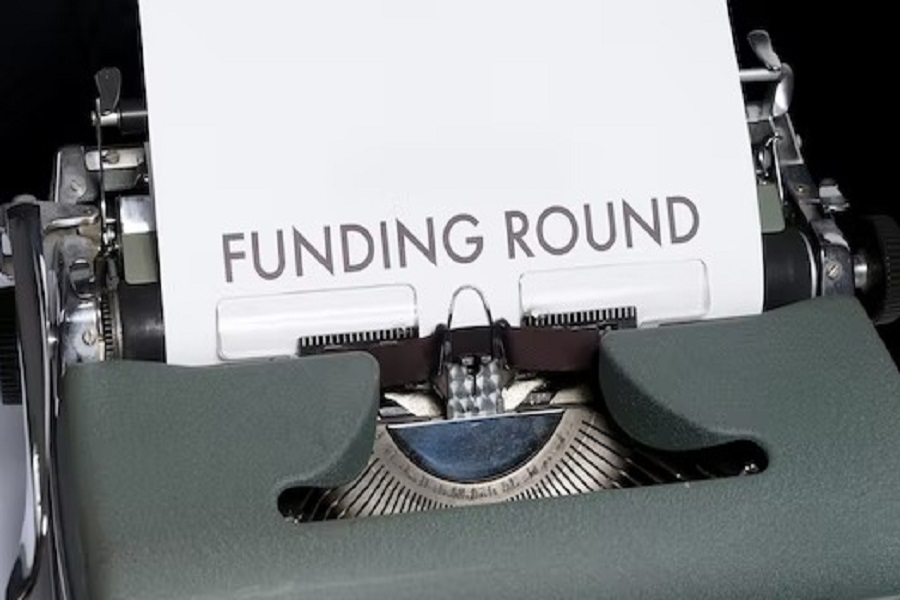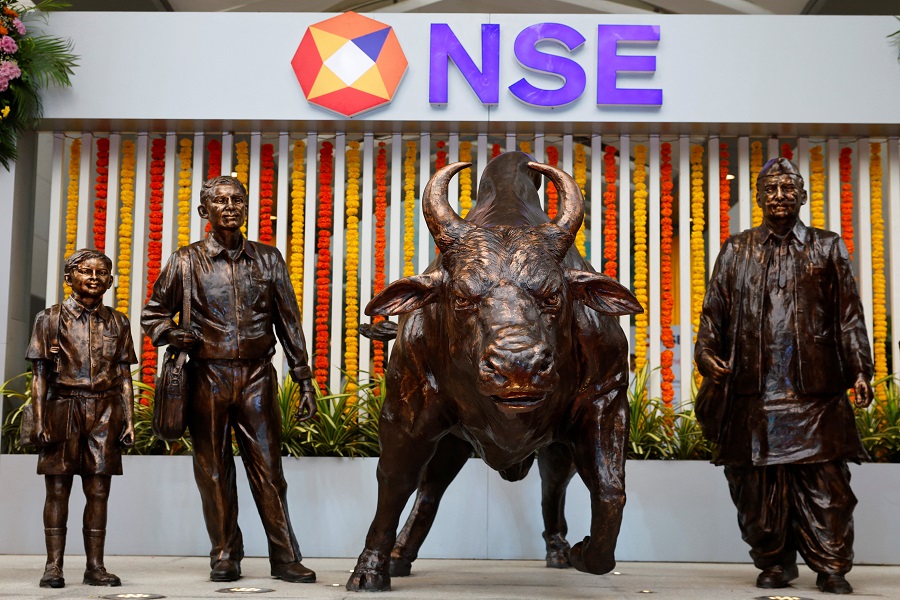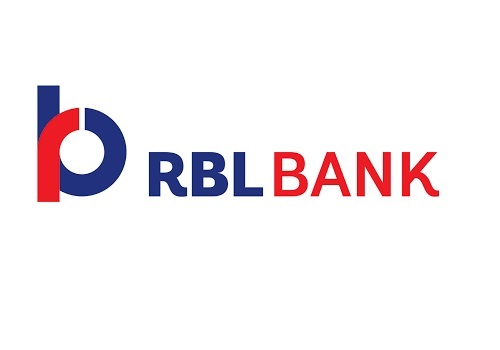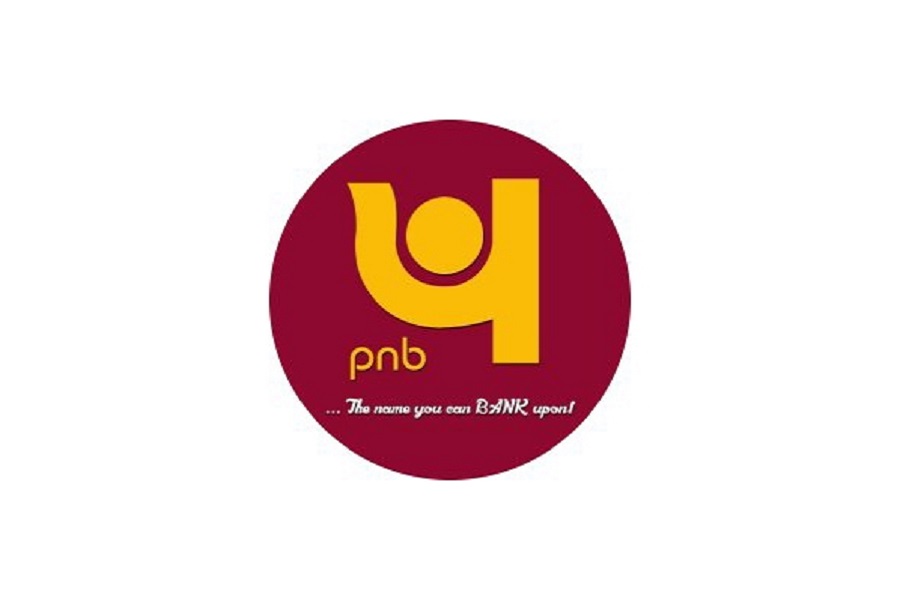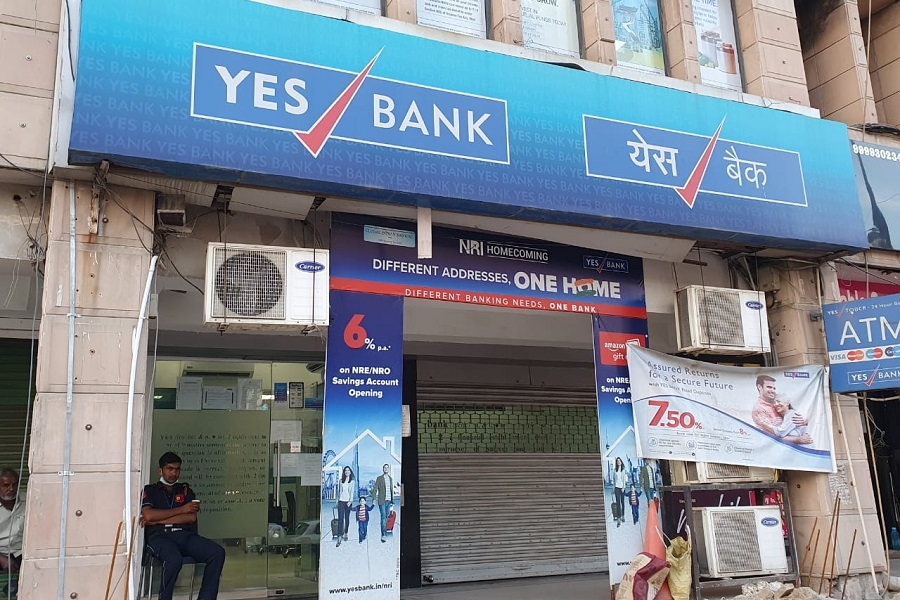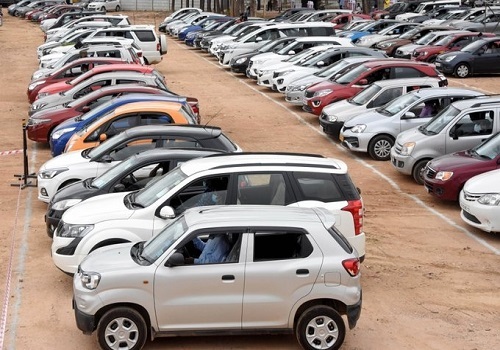Banking Sector Report : Credit cost, margin and other aspects By Yes Securities
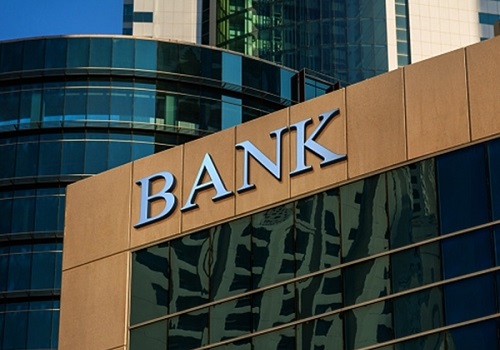
While credit cost, at the aggregate sector level, is not a major problem, there clearly are distinct winners and losers on either side of the spectrum of credit cost performance. In this regard, we draw the following key conclusions (1) Banks whose actual FY24 credit cost most exceeded FY24E consensus (negative read) are IDFCB, RBL and IIB, the latter on an adjusted analysis (2) Banks whose actual FY24 credit cost most lagged FY24E consensus (positive read) are AXSB, CUB, FED and BOB. Further, (3) BOB and INBK have a larger share of MCLR book, which implies that the potential impact of upcoming rate cuts would be more manageable (4) Structurally, over 5 years, AXSB, CSB and ICICI are the banks which have seen the most constructive rise in share of higher-yielding loans (5) INBK have the most improved liability profile over the past 12 months and without resorting to premium SA rates.
Banks whose actual FY24 credit cost most exceeded FY24E consensus (negative read) are IDFCB, RBL and IIB, the latter on adjusted basis IDFCB and RBL missed consensus by 26 and 10 bps, respectively. IIB roughly met consensus but its utilisation of contingent provisions made credit cost look better by 28 bps. Notably, these are banks that have already been in our least preferred list and this analysis of credit cost gives us incremental reason to remain cautious on these names.
Banks whose actual FY24 credit cost most lagged FY24E consensus (positive read) are AXSB, CUB, FED and BOB AXSB, CUB, FED and BOB beat consensus by 23, 18, 16 and 9 bps, respectively. Again, notably, some of these banks have already been in our most preferred list and which remain so, viz. BOB, FED and AXSB. On the other hand, we had recently upgraded CUB for the first time since we started covering it 3 years ago. We believe that comparing actual credit cost in FY24 to Bloomberg consensus is key to understanding how banks are delivering compared with what is priced in.
BOB and INBK have a larger share of MCLR book, which implies that the potential impact of upcoming rate cuts would be more manageable The share of non-EBLR floating rate book for BOB and INBK is 63% and 60%, respectively. A higher share of MCLR-linked loans implies that the impact of declining rates would be felt in slower staggered manner and, also, on both side of the balance sheet, with the net impact on margin being concomitantly lower. KMB has a high share of EBLR loans at ~59% and, hence, is technically more vulnerable. The relatively lower loan to deposit ratio for INBK, SBI and BOB stood at 74.8%, 75.3% and 80.3%, respectively continues to provide a near-term cushion, ceteris paribus.
Structurally, over 5 years, AXSB, CSB and ICICI are the banks which have seen the most constructive rise in share of higher-yielding loans Over FY19-24, the share of low-yield loans has declined 15.5%, 12.4%, 10.4%, 10.3% and 9.6%, respectively, for these banks. However, we do not regard the outstanding loan book mix of IDFCB and RBL to be optimal since the share of high/very-high yield loans ia sub-optimally high. Hence, we regard the evolution of AXSB, ICICI and CSB to be most admirable in this regard.
INBK has the most improved liability profile over the past 12 months and without resorting to premium SA rates INBK has seen the greatest improvement in share of LCR retail deposits over 12 months, amounting to ~800 bps, respectively. Importantly, this has been achieved without premium SA rates.
We most prefer BOB, FED, AXSB, INBK, SBI and ICICI whereas we least prefer KMB, IIB, IDFCB, RBL and DCB Our top 6 consists of a judicious mix of PSU and private sector banks. We had upgraded CUB to BUY in Feb 2024 and we believe it is an interesting smallcap play. We had also upgraded HDFCB to BUY in Feb 2024 but it is quite low in our pecking order. 3 of our least preferred names, viz. IIB, IDFCB and RBL, have distinctly cyclical business models
please refer disclaimer at https://yesinvest.in/privacy_policy_disclaimers
SEBI Registration number is INZ000185632
Above views are of the author and not of the website kindly read disclaimer








